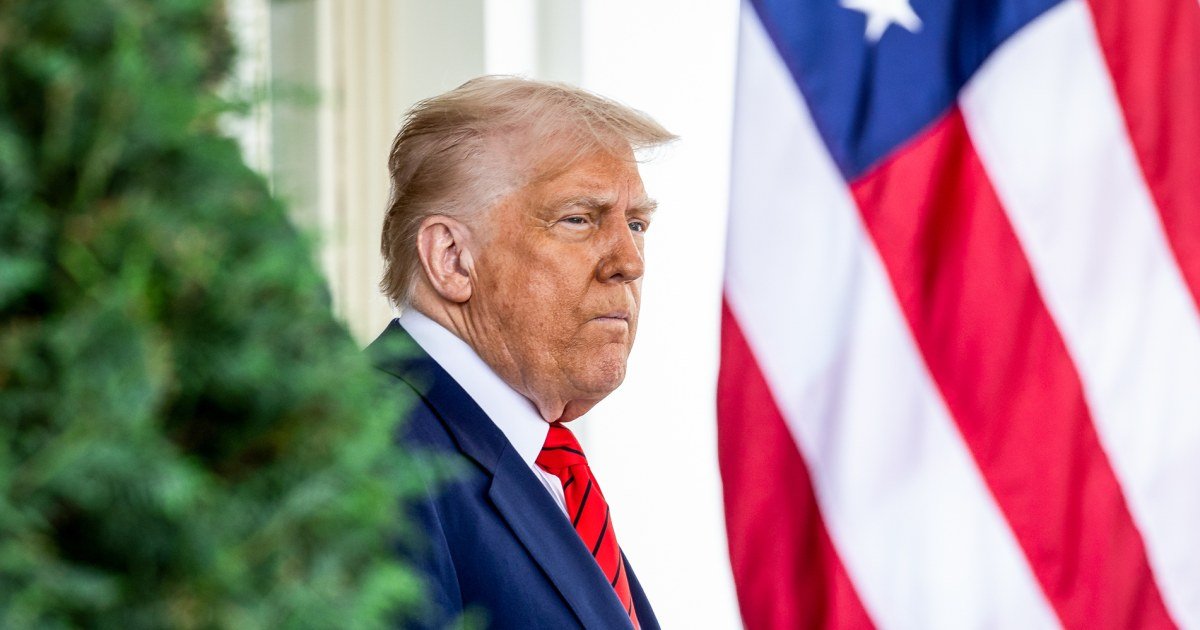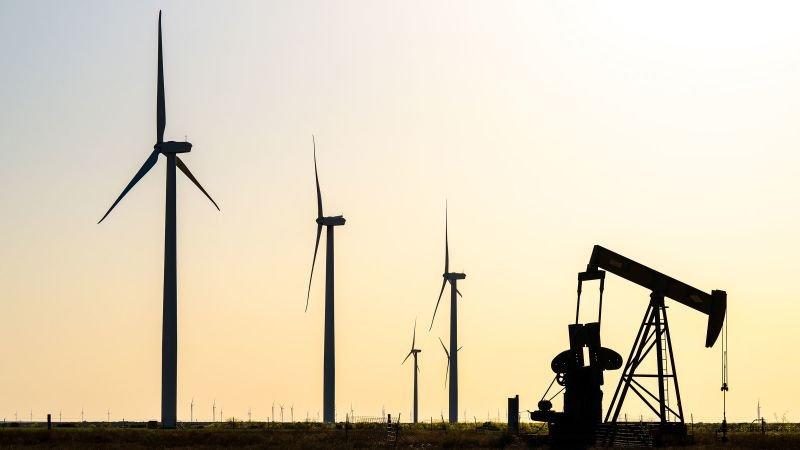US President Donald Trump’s announcement at the end of January 2025 that USAID, the United States Agency for International Development, would be drastically downsized came as a major shock. This was especially the case for developing countries that had forged a partnership with the agency and were in the middle of implementing nationally important projects. USAID is the world’s largest aid agency and had an annual budget of $40 billion. Of that budget, approximately $3.4 billion was dedicated to the Pacific Islands region.
The targets of this aid included medical programs to combat HIV and tuberculosis, support for infrastructure facilities, climate change measures, and human resource development in the public and private sectors. Leaders of Pacific Islands countries expressed immediate concern about the sudden and drastic reduction in aid, indicating inevitable and significant negative impacts on their economies and societies. Fiji’s Prime Minister Sitiveni Rabuka immediately visited the United States and appealed to US State Department officials to continue USAID programs to his country. Fiji only recently established a bilateral framework for a technical and economic cooperation agreement with the United States. This included the establishment of USAID regional office in the capital city of Suva.
The United States has worked with Australia and New Zealand since the end of World War II to uphold security and support development in the Pacific Islands region. Following the end of the Cold War, the American embassy in the Solomon Islands closed due to cost cutting and other reasons, resulting in a palpable sense of decline in American interest in the region. This seemed to clear the way for China to go on the diplomatic offensive, initially focusing on its diplomatic competition with Taiwan for United Nations recognition. For example, in September 2019, the Solomon Islands and Kiribati, which had previously maintained official diplomatic relations with Taiwan (Republic of China), switched sides to recognizing the mainland People’s Republic of China. The Solomon Islands and others in the region have also expressed interest in negotiating security agreements with China.
Republican administrations in the United States have seemed particularly disinterested in the “South Pacific” of the Pacific Islands region. They have essentially left the management of their interests in the nations that make up the Melanesian and Polynesian spheres to Australia and New Zealand. Engagement with the region during the first Trump “America First” administration was essentially limited to the three Micronesian nations in the northern hemisphere—Palau, the Federated States of Micronesia, and the Marshall Islands.
Democratic administrations, on the other hand, have traditionally been more active in spreading economic assistance throughout the region. The Barack Obama administration decisively announced that “the United States is a Pacific nation.” Based on deeper awareness of China’s growing influence and maritime interests, the administration of Joe Biden increased its regional involvement by holding summits with Pacific Islands countries in 2022 and 2023. It also pledged approximately $800 million in economic assistance to address climate change—perhaps the most salient issue for most of these nations—and to establish a trade and investment dialogue framework. An embassy was opened in the Solomon Islands for the first time in 30 years, while a new embassy was established in Tonga. The United States also granted state recognition to the Cook Islands and Niue, which are independent states in free association with New Zealand.
The Pacific Islands nations have grown somewhat used to significant changes in American policy approaches to the region depending on the administration of the day. Melanesian and Polynesian countries in the South Pacific have welcomed US involvement that usually came during Democratic administrations.
In Fiji, Prime Minister Frank Bainimarama’s ruling party, which desired stronger relations with China, was defeated in the 2022 general election. The new government led by Prime Minister Rabuka has deepened friendly relations with the United States and Australia instead. The 2021 general elections in Samoa also saw the defeat of a pro-China ruling party. The new prime minister, Fiamē Naomi Mata’afa, declared that her government would completely reevaluate all projects with China pursued by the previous administration, including major port projects.
Wary of China’s expanding influence, America during the four years of the Biden administration committed significant aid to Pacific Island countries through USAID. Fiji and Samoa have been particularly disappointed by recent cuts due to American promises to help address the rise of infectious diseases such as HIV and dengue fever in their countries.
The three Micronesian nations in the North Pacific are also not optimistic about the second Trump administration engaging with their interests. In 2024, the three countries and the United States revised their Compacts of Free Association agreement, which came along with promises of continued American financial support. Under the revised agreement, citizens of the three Micronesian nations were granted the freedom to immigrate, reside, and work in the United States. However, as the Trump administration moves forward with deportation measures for immigrants in the United States, Micronesian nationals have expressed concern that they too will be subject to exclusion.
If the Trump administration reduces overseas development assistance to developing countries, China’s involvement in the Pacific Islands region will likely increase in turn. When Nauru agreed to establish official diplomatic relations with China in January 2024, this meant only Palau, the Marshall Islands, and Tuvalu now recognize the international status of Taiwan. China will no doubt target these nations to further isolate Taiwan in the international community. There are reportedly under the radar moves by Chinese government officials to contact senior officials in each country, although the likelihood of an abrupt shift by these nations is small due to their already close security ties with the United States and Australia.
On the other hand, Beijing is expected to offer deepened cooperation with Pacific Islands nations beyond issues of diplomatic recognition, including in the areas of economy and defense. China will offer enhanced business exchanges and more generous economic assistance to Fiji and Samoa, as well as Papua New Guinea, which has abundant gas and other natural resources. Although the current scale of economic assistance provided by China is not substantial, Beijing will likely take advantage of American reluctance to fill the diplomatic vacuum. Senior officials from the Cook Islands and Kiribati, which have signed strategic partnership agreements with China, are already making regular visits to Beijing in an effort to strengthen business relations.
It should be noted that there are some, even in the Trump administration, who are concerned about China’s military activities and the strategic implications of China’s diplomatic activities in the wider region, and feel that USAID should be reinvigorated as a response. As things currently stand, however, their voices are barely heard, and the future of American assistance to the Pacific Islands is very much in limbo.
Important to note against the background of current regional doubts about the American position is Australia’s own response to China’s enhanced regional influence. While the conservative coalition government led by former Prime Minister Scott Morrison had an uneasy relationship with regional nations due to differing views on the importance of focusing on climate change, the Labor government led by Prime Minister Anthony Albanese that came to power in 2022 has been much more positive in aligning with Pacific Islands nations on a variety of issues. Australia has subsequently signed an assortment of agreements with Tuvalu, Nauru, Papua New Guinea, and other countries focused on cooperation ranging from economic assistance to security and defense. However, Australia may again see a change in a government as the May 2025 general election promises to be competitive. Depending on the outcome, Canberra too may once again reevaluate its approach to relations with the islands.
While the United States, China, and Australia are changing their foreign policies and approaches toward the region in response to both their domestic situations and the actions of each other, Pacific Islands nations see Japan as an important and stable development partner. Japan cultivated a positive track record of supporting the development of major infrastructure such as roads and ports during the period between the 1960s and 1990s when Pacific Islands nations were feeling their way through recently acquired independence and were planning nation-building activities.
Beginning in 1997, Tokyo has also regularly invited Pacific Islands Forum members to Japan for wide-ranging discussions. The tenth PIF Summit was held in Tokyo in July 2024, and Japan took the opportunity to again demonstrate its willingness to cooperate including in areas such as climate change that are a primary focus for Pacific Islands nations.
While the stance of the United States toward the Pacific Islands remains unsettled, and the possibility of reduced involvement is high, Japan’s continued engagement with the region will likely be seen in a much more positive light in the future. In some cases, Japan may need to think about taking over the role that the United States has played to date, including by providing assistance to the three nations in the Micronesian region. These nations have close historical ties to Japan and Tokyo can use that and contributions to sustainable development to improve relations and support these nations.
As friends who share the same ocean, the countries throughout the Pacific Islands region are eager for Japan to demonstrate a stronger interest and commitment to regional issues. Tokyo has a valuable opportunity to meet their expectations and promote enhanced relations through both public and private initiatives.
(Originally published in Japanese. Banner photo: US Coast Guard personnel and local residents unload fresh water and a reverse osmosis system to relieve the shortage of drinking water due to a drought on a remote island. April 12, 2024, Woleai, Yap State, Federated States of Micronesia. © Zuma Press/Kyōdō.)
United States aid Oceania Pacific Islands



